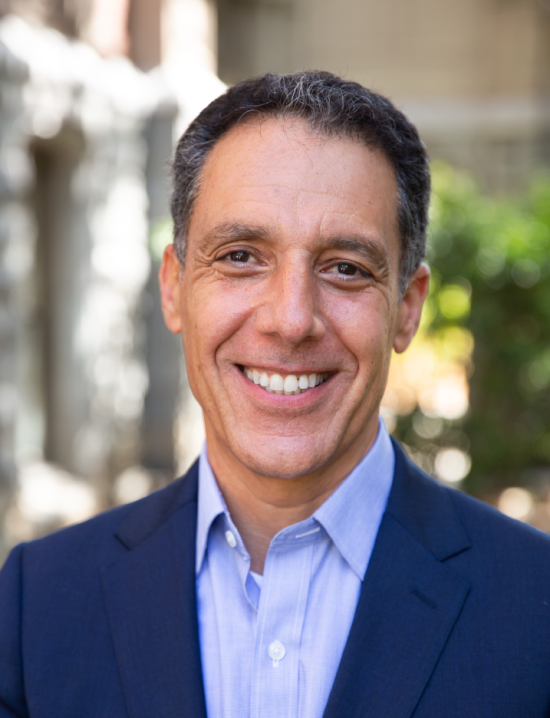From Washington Post
AI voice clones mimic politicians and celebrities, reshaping reality
By Pranshu Verma and Will Oremus
Days before a pivotal national election in Slovakia last month, a seemingly damning audio clip began circulating widely on social media. A voice that sounded like the country’s Progressive party leader, Michal Šimečka, described a scheme to rig the vote, in part by bribing members of the country’s marginalized Roma population...
“This is not hypothetical,” said Hany Farid, a professor of digital forensics at the University of California at Berkeley. “You’re talking about violence, you’re talking about stealing of elections, you’re talking about fraud — [this has] real-world consequences for individuals, for societies and for democracies.”
Voice cloning technology has rapidly advanced in the past year, and the proliferation of cheap, easily accessible tools online make it so that almost anyone can launch a sophisticated audio campaign from their bedroom...
Hany Farid is a professor in the Department of Electrical Engineering & Computer Sciences and the School of Information at UC Berkeley and a senior advisor to the Counter Extremism Project.










